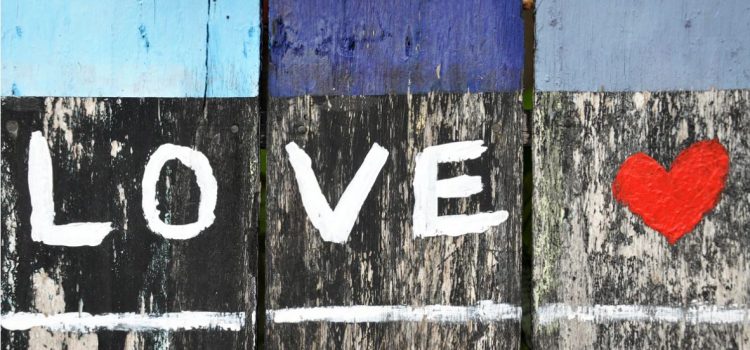
What’s the importance of love in society? How does love challenge oppressive systems?
According to All About Love by bell hooks, a better understanding of love isn’t merely about improving individual relationships. Love also holds the power to transform entire societies.
Discover how love changes societies for the better.
The Importance of Love
To better understand the importance of love in society, you need to have an idea of what a culture without love is like. hooks contends that the US suffers from what she calls a “culture of domination,” a culture that values power and control over everything else and in which privileged groups and individuals exploit and marginalize others, perpetuating violence, inequality, and dehumanization.
(Shortform note: Contrary to hooks’s characterization of the US as having a culture of domination, the US has historically been known as “the land of the free.” However, while this notion has been a central tenet of American identity, it may not be entirely based in fact. A report from the Legatum Institute, for example, reveals that more Canadians than Americans feel they have the freedom to live as they wish. The report ranked Canada as the freest nation globally, while the United States ranked 15th.)
hooks argues that the cultural norm of valuing control in the US, characterized by a relentless pursuit of power and materialism, emerged as a response to the disillusionment and loss of faith in a truly democratic society following the nation’s involvement in global conflicts during the 20th century. She explains that people started believing that true happiness and fulfillment could be achieved not through building relationships and being part of a community, but through acquiring more things and satisfying selfish desires for pleasure and material wealth.
(Shortform note: While hooks points to the conflicts abroad as the root of American disillusionment, many scholars argue that the US has a long history of money and power taking precedence over democratic values. For example, in A People’s History of the United States, Howard Zinn explains how systemic injustices and power dynamics have shaped the nation from its founding. He contends that from its early colonization and the displacement of Indigenous peoples to the era of slavery and contemporary manifestations of inequality, the United States can be characterized as a nation deeply rooted in a culture of domination, where power and wealth have consistently held greater importance than the principles of democracy and equality.)
According to hooks, materialism and greed inhibit love and connectedness because they breed a culture of narcissism in which people are encouraged to prioritize their own needs and desires above all else. This culture violates the spirit of community that’s essential for human survival and often justifies acts of dehumanization and exploitation. In response, hooks calls for the need for a radical reimagining of love as a core cultural value, one that challenges oppressive systems and nurtures compassion, respect, and empathy.
(Shortform note: There’s evidence to suggest that in the last 50 years, there’s been a rise in narcissism in the US. Jean Twenge and Keith Cambell, authors of The Narcissism Epidemic, attribute the increase in narcissism to a heightened emphasis on self-esteem and individual achievement, the prevalence of social media, and more indulgent parenting styles. Like hooks, Twenge and Campbell argue that a more narcissistic society will inevitably suffer from a lack of empathy and collective responsibility.)






